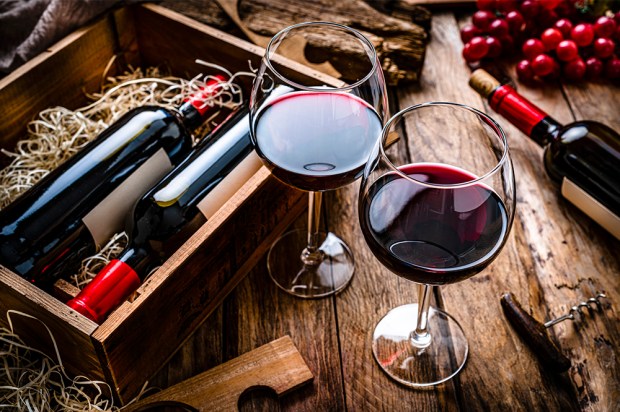Which is the greatest novel in the English language? Let us review the candidates: Clarissa, Pride and Prejudice, Middlemarch, The Bostonians. The other night, someone tried to make a case for Moby-Dick. Along with Tristam Shandy and Daniel Deronda, it is one of my great unreadables. I have tried, but always jumped ship before leaving Nantucket. Clarissa: immense power — if not as much fun as Pamela — yet I have no enthusiasm for rereading it. The Bostonians: again, great power — but what about more matter with less art, and was James really writing in English?
Pride and Prejudice: with Portia and Rosalind, Lizzie Bennet is one of the Three Graces, the most delicious girls in fiction (poor Portia, to think of the long slow tragedy of marriage to Bassanio). For all Miss Austen’s perfection, we are surely in search of a larger scale. Middlemarch has that. But Dorothea Brooke is irritating, while Ladislaw is a bloodless niminy-piminy whimsy: almost makes one sympathise with Casaubon. (Forgive the name-drop, but I once suggested to Tom Stoppard that he write a play with a sympathetic account of Karenin. Could the same be done for Casaubon?) One can understand Sir James Chettam’s impulse to call out Ladislaw and shoot him. If only Dorothea had met Lydgate early and managed to break the bonds of class to marry him. Then, however, there would have been no story.
Apropos of story, it is inescapable. We cannot stand against the whirlwind. The gaucheness, the naivety, the gross sentimentality, the absurd parodies of his opponents’ arguments: in each case, our author is guilty as charged. But the creativity, the scope, the wit, the linguistic inventiveness: Dickens overpowers the critics’ scruples, never more so than in Bleak House.
That thought came upon me earlier this week, while taking drink. This is no weather to walk the pavements of St James’s. Rehydration is a constant necessity, and I know just the place. One of the rare survivors of John Nash’s London, the Royal Opera Arcade runs down to Pall Mall. Its survival amidst bombs and redevelopers is the more piquant because it is overshadowed by that monstrous blight, New Zealand House, much the ugliest building in central London. How could any architect have perpetrated such a carbuncle anywhere, let alone next to Nash’s delights? The arcade, originally known as the Opera Colonnade, was where Mr Turveydrop disported himself at luncheon, at the French House, while his unfortunate son Prince, given a dog’s name — albeit in honour of the Prince Regent — worked like a dog to finance his father’s deportment.
Even so, we are tempted to take issue with Dickens’s command of detail. While Mr Turveydrop saunters forth towards the French House, poor Prince has to endure cold mutton. But a decent piece of cold roast mutton is more than palatable, especially in these temperatures. It may be that the put-upon Prince was condemned to a bone that had already been gnawed, or to some scraggy ends that the cat and the dog would disdain to quarrel over. In a work so full of the law, before pronouncing on the mutton, we require further and better particulars.
These days, the French House has a successor, Pall Mall Fine Wines, a wine merchant and wine bar. Equidistant between several clubs, surrounded by interesting boutiques and art galleries, it is a pleasant place to drink a refreshing Provençal white, or something more substantial, all reasonably priced. It has the jeu d’esprit appropriate to a colonnade. Next door, there is an associated wine broker, Monopole, so the area is becoming a natural resort for oenophiles. The staff are knowledge-able, friendly and ambitious. They work like Prince Turveydrop and their stylishness is genuine, unlike his father’s. They have played with the idea of renaming themselves Turveydrop’s. But they will not be calling themselves Bleak House.
Got something to add? Join the discussion and comment below.
Get 10 issues for just $10
Subscribe to The Spectator Australia today for the next 10 magazine issues, plus full online access, for just $10.














Comments
Don't miss out
Join the conversation with other Spectator Australia readers. Subscribe to leave a comment.
SUBSCRIBEAlready a subscriber? Log in